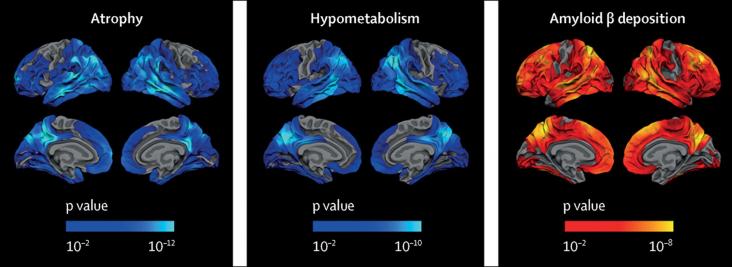Elsevier,
Mental and Behavioral Health of Immigrants in the United States, Cultural, Environmental, and Structural Factors, 2020, Pages 219-252
This chapter advances SDGs 3 and 10 by addressing the prevalence of mental disorders among the ethnic minority groups (African American, Latinx, and Asian American) in the United States according to immigration status.
This book chapter advances SDG 3 and 10 by providing information on various culturally sensitive methods to assess and treat mental health conditions onset by factors contributing to the immigration process for adolescents, adults, and older adults.
Findings from multiple studies link acculturation processes to the psychological and behavioral health of Latino immigrant population in the United States. A critical factor impacting this relation is the context of reception where immigrants settle. Several studies of acculturation have been conducted in traditional receiving contexts, and less attention has been paid to Latino immigrants in emerging contexts. In this chapter, we have discussed how traditional and emerging contexts of reception can confer very different experiences to Latino immigrants, and their significant implications for Latino immigrant health. Further, given the recent influx of crisis migrants from Central America, we have discussed receiving contexts for these newest Latino immigrants to the United States and demonstrated how such contexts might impact their psychological and behavioral health. We concluded with a discussion of implications for the development of policy, as well as culturally specific prevention and intervention programs for Latino immigrants.
Elsevier,
Three Facets of Public Health and Paths to Improvements: Behavior, Culture, and Environment, 2020, Pages 261-294
This book chapter advances SDG 5, 8 and 10 by explaining how the outsized role of women caregivers is attributed to historical, cultural, and social perspectives on gender and caregiving that perpetuate the gender inequalities in unpaid care work. In this chapter, the authors analyze women in unpaid work considering two regions: The United States and the Middle East and North Africa (MENA).

An article on the natural history of Alzheimer's disease in adults with Down syndrome, in the context of SDGs 3 and 10, focusing specifically on the order and timing of biomarker changes in this population.
Elsevier,
Three Facets of Public Health and Paths to Improvements: Behavior, Culture, and Environment, 2020, Pages 353-380
This book chapter advances SDG 3, 5, and 10 through its examination of structural racism in the provision of health care services to black women in racially segregated black communities
This chapter addresses SDG5, SDG10, and SDG16 by critically examining the concept of social essentialism and its adverse consequences for justice and equality, particularly around issues of race and gender.
This chapter addresses SDGs 3 and 10 by addressing the disparities existing in mental healthcare in the US Latinx population.
This book chapter advances SDGs 3 and 10 by explaining how the acquisition of microbial communities during early life is closely intertwined with children’s immune and metabolic development. Environmental influences like prenatal maternal factors, delivery mode, peripartum antibiotic administration, nutrition, and the indoor microbiome in the hospital and home play a part during this critical early window.
This chapter addresses SDG 10 and SDG 3 by discussing the issues currently driving mental healthcare disparities in the Latinx population and how these approaches can provide a viable way to reduce them.
